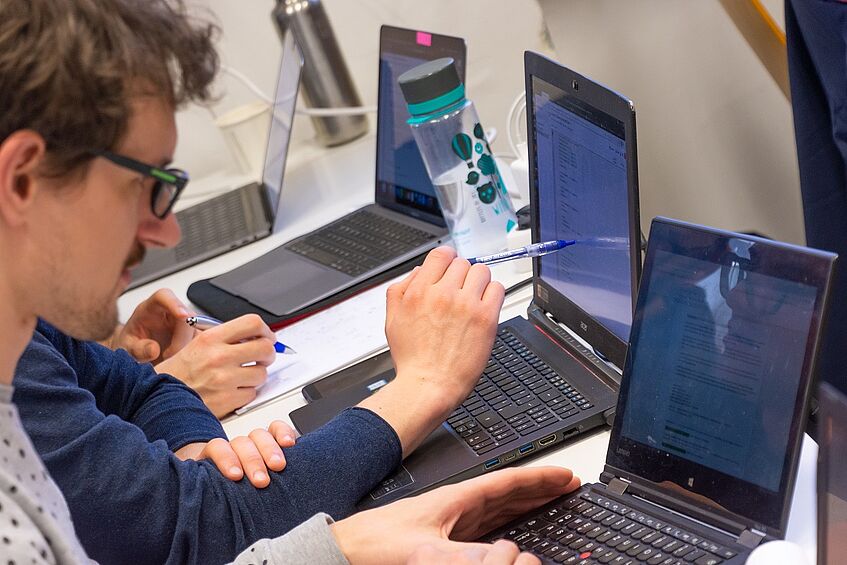Schools and academies
Academies

Academies
With the biennial VDSP Academy, the Vienna Doctoral School in Physics provides a platform for international and local students at the end of their Bachelor or beginning of their Master studies to dvelve into topical advances in physical sciences. The lectures are delivered by VDSP Faculty Members and international guest speakers.
Schools
VDSP schools connect PhD students with internationally renowned experts. We particularly encourage hands-on formats to complement the keynote lectures. The schools are typically scheduled during the winter or summer breaks.
